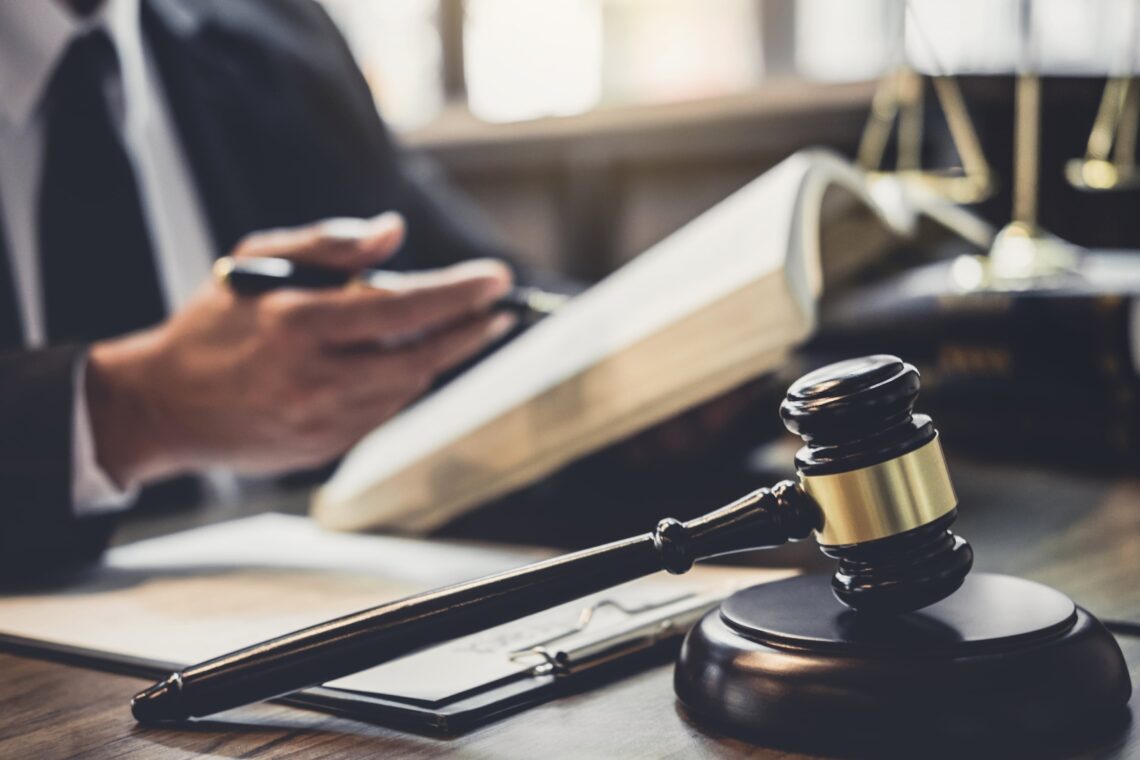
In recent years, fitness trackers have become increasingly popular as people strive to monitor their health and activity levels. These devices, which track steps, heart rate, sleep patterns, and other health metrics, are not only useful for personal health management but are also beginning to play a significant role in personal injury lawsuits. The data collected by fitness trackers can provide crucial evidence in legal cases, offering insights into an individual’s physical condition before and after an incident according to a personal injury lawyer.
Fitness trackers, such as those made by Fitbit, Apple, Garmin, and other brands, record a wealth of data about a person’s daily activities and overall health. In personal injury lawsuits, this data can be invaluable for several reasons:
Establishing Pre-Injury Baseline
One of the primary uses of fitness tracker data in personal injury cases is to establish a baseline of the plaintiff’s health and activity levels before the injury. This information can demonstrate the extent to which the injury has affected the plaintiff’s life. For example, if a person was highly active and regularly achieved a significant number of steps per day before the accident but showed a marked decrease in activity following the incident, this data could support claims of reduced physical capability and pain.
Supporting Or Refuting Claims
Fitness tracker data can also be used to support or refute claims made by either party in a personal injury lawsuit. For instance, if a plaintiff claims that their injury has severely limited their ability to perform daily activities, fitness tracker data showing consistent activity levels similar to those before the injury might undermine this claim. Conversely, a noticeable drop in recorded activity levels can strengthen the plaintiff’s case. No matter which way the data goes, your lawyer will be able to help you.
Monitoring Recovery Progress
During the course of a personal injury lawsuit, ongoing fitness tracker data can provide a real-time view of the plaintiff’s recovery process. This can help to quantify the progress of recovery or the lack thereof, offering concrete evidence to back up testimonies and medical reports. Such data can be particularly useful in long-term injury cases where recovery progress is a key factor in determining compensation.
Providing Objective Evidence
In personal injury lawsuits, subjective testimony about pain and suffering can sometimes be difficult to substantiate. Fitness trackers offer objective, quantifiable data that can corroborate or challenge these claims. For instance, sleep data indicating frequent disturbances might support claims of chronic pain or discomfort affecting sleep quality.
Legal And Privacy Considerations
While the use of fitness tracker data in personal injury lawsuits can be highly beneficial, it also raises important legal and privacy considerations. The collection and use of this data must be handled carefully to respect privacy rights and ensure its admissibility in court.
Consent And Data Access
Accessing fitness tracker data typically requires the consent of the device owner. In legal cases, this often means that the plaintiff must agree to share their data. It’s crucial for attorneys to obtain proper consent and ensure that the data is collected and presented in a manner that complies with legal standards. Your lawyer will be able to walk you through this part of the process so that you understand what will be examined.
Data Interpretation
Interpreting fitness tracker data accurately requires a thorough understanding of how these devices work and what the data represents. Attorneys may need to work with experts who can analyze the data and provide insights that are relevant to the case. This ensures that the information is used effectively and accurately in legal proceedings.
Fitness trackers have become a valuable tool in personal injury lawsuits, providing detailed and objective data about a person’s physical activity and health. However, the use of this data must be approached with care to address legal and privacy considerations effectively.
Our friends at Dysart Law Firm, P.C. understand the importance of utilizing all available evidence, including fitness tracker data, to build a strong personal injury case. By integrating modern technology with legal expertise, personal injury lawyers can better serve their clients and achieve fair and just outcomes in their cases. If you have been injured while wearing a fitness tracker, reach out to an attorney near you.
